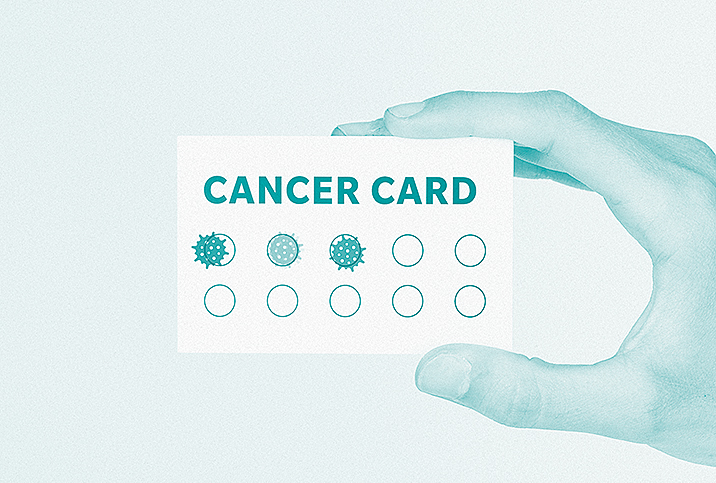Cervical Cancer Recurrence Is Real But Not Inevitable

Cervical cancer is difficult to treat because its location makes it easy for it to spread to other areas of the reproductive system. Early detection is vital and allows for the best outcomes, but some strains of cervical cancer can come back. Understanding your risks and creating an aggressive aftercare plan with your doctor can keep you healthy and cancer-free.
Cervical cancer detection
Regular Pap smears are essential for the early detection of abnormal cells that can cause cancer. The U.S. Preventive Services Task Force recommends cervical cancer screenings every three years for women ages 21 to 29. For women ages 30 to 65, it recommends screening every three years with a Pap smear alone, every five years with high-risk human papillomavirus (hrHPV) testing alone, or every five years with hrHPV testing in combination with a Pap smear (co-testing). In addition to Pap tests, females should be vaccinated to prevent contracting the human papillomavirus (HPV), which can cause cervical cancer.
Common symptoms of cervical cancer include pelvic pain, pain during sex, irregular or heavy bleeding during your period, breakthrough bleeding (not related to birth control), bleeding after sex, bleeding after menopause and unusual vaginal discharge.
Many of these symptoms can be signs of hormonal changes, side effects from birth control or other noncancer-related illnesses. The symptoms of cancer and other conditions are often similar, so the best course of action is to make your regular gynecologist appointments a priority.
Additionally, living a healthy lifestyle and knowing your risk factors can all contribute to early detection, which can dramatically improve your prognosis.
How often cervical cancer comes back
Most often, cervical cancer recurrence happens within two years. To prevent a recurrence, it’s important to keep your routine appointments with your oncologist and gynecologist so they can conduct bloodwork and physical examinations. It’s also recommended cervical cancer survivors receive a Pap smear every six months to increase the chances of early detection.
In addition to having a cervical cancer recurrence, cancer survivors are at a higher risk of developing "second cancer," which is classified as a cancer diagnosis unrelated to the initial cancer diagnosis. This can happen years later, and for cervical cancer survivors, it is often pelvic or ovarian cancer. Research is still in progress to determine why second cancers occur, but once a person is diagnosed with cancer, a second diagnosis is more likely.
Risk factors for cervical cancer recurrence
Risk factors for developing cancer are very similar to the risk factors of a cervical cancer recurrence. People who smoke, who have a compromised immune system or who have diseases that cause cervical cancer are more likely to have a recurrence. Other risk factors for recurrence include the type, stage and treatment at the time of the initial diagnosis.
Once you are diagnosed with cervical cancer, it’s essential your health becomes a priority, to help your immune system fight the cancer and keep it from coming back. Making major lifestyle changes could be necessary, depending on your current health. Working closely with your medical team and following your treatment plan is the most important part of your diagnosis and can make a difference regarding a recurrence or a second cancer diagnosis.
Cervical cancer prevention
Eliminating, or at least reducing, your risk factors is essential for the prevention of cervical cancer. If you take medications that can increase your risk of cervical cancer, it’s important you discuss changing your medication, especially if you have genetic risk factors for cervical cancer. The importance of the HPV vaccine also bears repeating, as the CDC reports that 93 percent of cervical cancers can be prevented by screening and vaccination.
A healthy diet and lifestyle choices should always be priorities, but especially if you are already at an increased risk for developing cancer. Making small lifestyle improvements over time can help make a big impact on your long-term health.
A cancer diagnosis is always scary, and no survivor wants to go through it twice. Being proactive about your health after surviving cancer can help you minimize that chance.

















